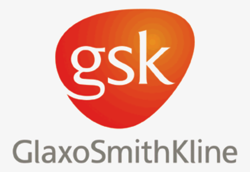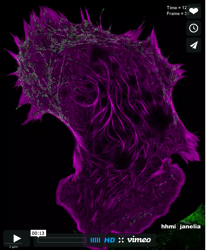

Pharmaceutical companies are running hard to keep pace with changes brought about by digital technology. Mobile communications, the cloud, advanced analytics, and the Internet of Things are among the innovations that are starting to transform the healthcare industry in the ways they have already transformed the media, retail, and banking industries. Pharma executives are well aware of the disruptive potential and are experimenting with a wide range of digital initiatives. Yet many find it hard to determine what initiatives to scale up and how, as they are still unclear what digital success will look like five years from now. This article aims to remedy that. We believe disruptive trends indicate where digital technology will drive the most value in the pharmaceutical industry, and they should guide companies as they build a strategy for digital success.








